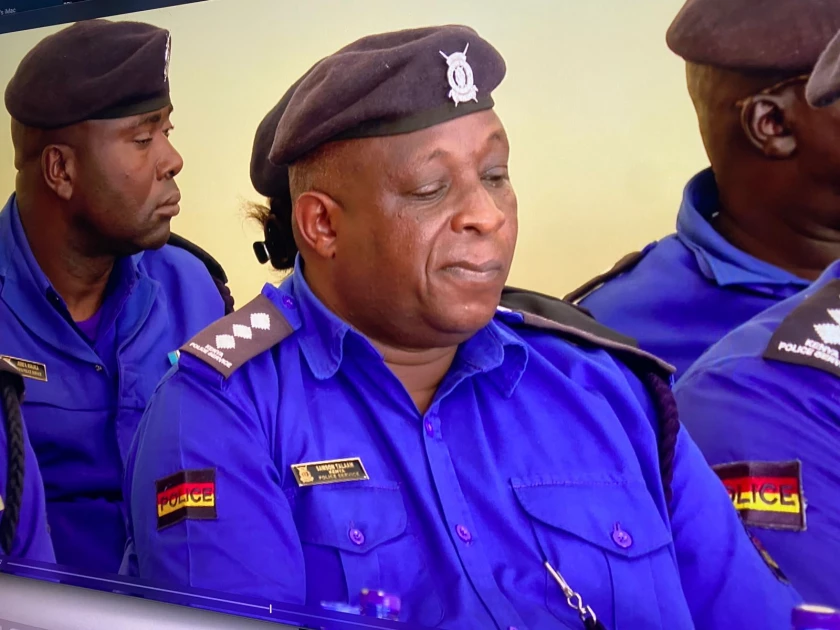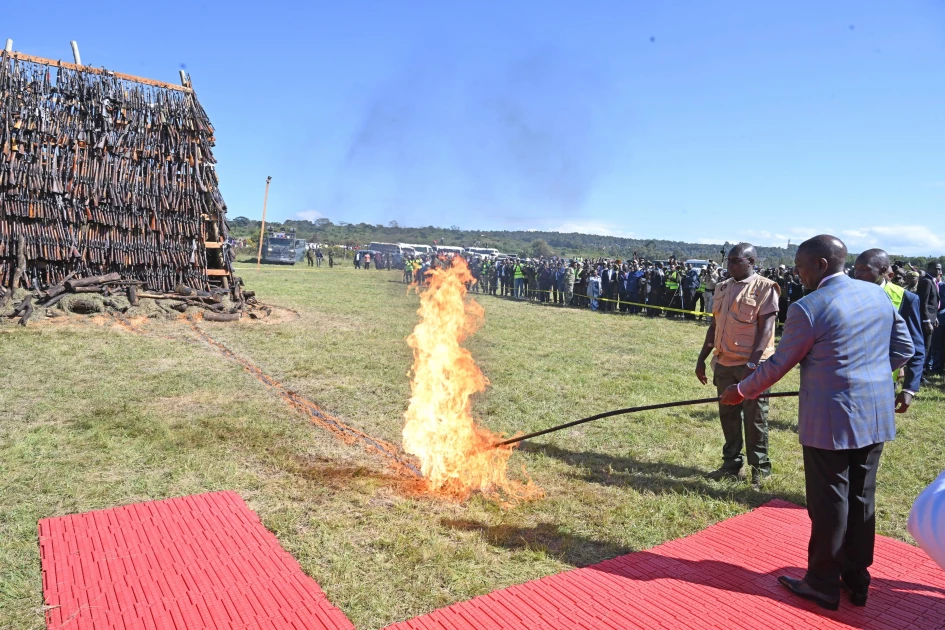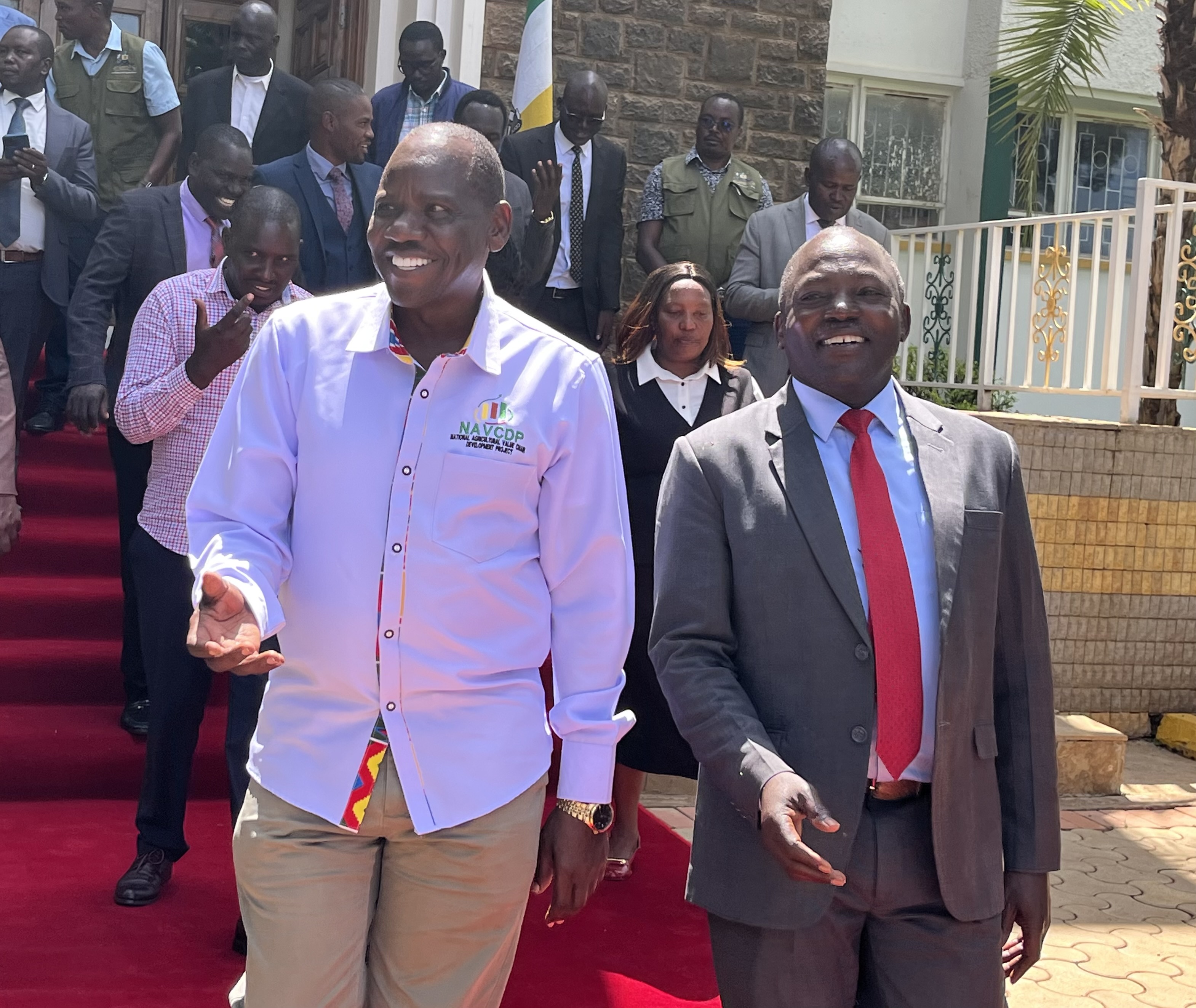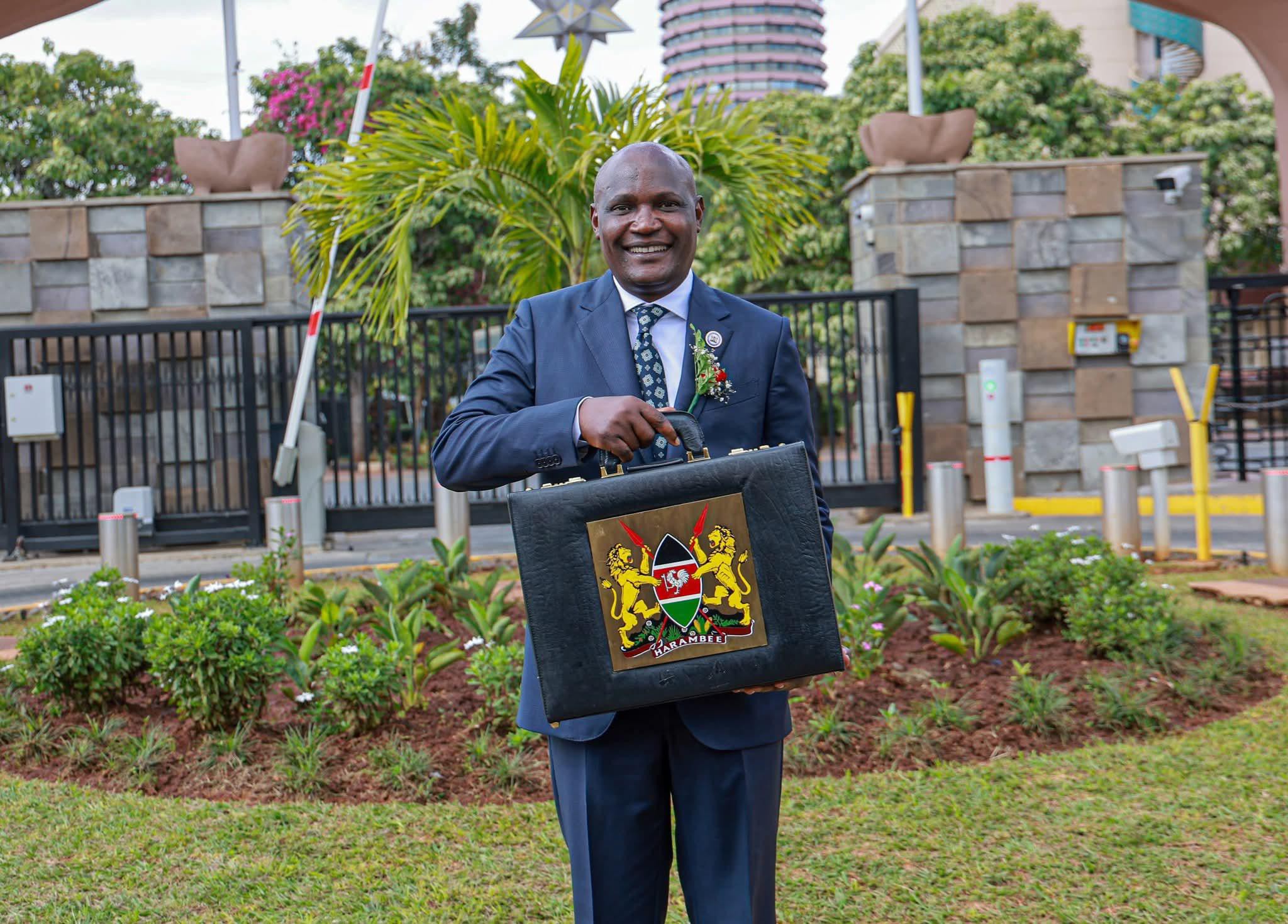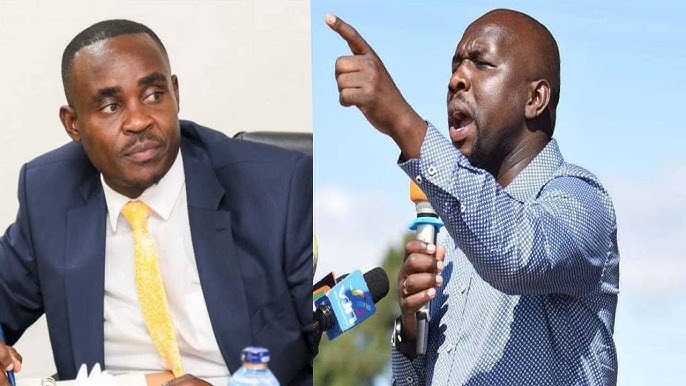Deputy President Kindiki Draws Attention with Lavish Weekly Empowerment Drives Worth Nearly Ksh.100 Million
Deputy President Kithure Kindiki has sparked national debate with weekly empowerment events distributing nearly Ksh.100 million. The lavish donations, often Ksh.5 million per stop, are raising concerns over transparency and source of funds. Critics label it political bribery, while Kindiki defends the initiative as genuine community support.
Deputy President Prof. Kithure Kindiki has quickly gained national attention for leading a string of high-profile economic empowerment events across Kenya, which have now become synonymous with generous cash donations running into tens of millions of shillings each week. Over the past seven days alone, the Deputy President has participated in ten separate events, raising an estimated total of nearly Ksh.100 million — a figure that has left many Kenyans amazed, puzzled, and even suspicious.
On Thursday, residents of Mwala Constituency in Machakos County witnessed what has now become a familiar spectacle — the Deputy President arriving with bags of money to support community-based projects. During this event, Kindiki contributed Ksh.2 million from his own office and delivered an additional Ksh.3 million on behalf of President William Ruto, bringing the total donation for the event to Ksh.5 million. This same amount was replicated in West Mugirango, Nyamira County, just hours later, where the Deputy President once again pulled out the now-ritual statement: "Nimeleta mchango wangu wa shilingi milioni 2 na milioni 3 ya Rais."
These empowerment drives have become a political brand for Kindiki, with citizens in towns and villages, especially in central Kenya and other Kenya Kwanza strongholds, lining up to receive funds for youth groups, women’s cooperatives, boda boda riders, and small-scale traders. According to Citizen TV investigations, the contributions follow a seemingly fixed rate card: the President contributes around Ksh.3 million per event, the Deputy President adds Ksh.2 million, Speakers and Majority Leaders offer Ksh.1 million, Members of Parliament contribute Ksh.100,000, and MCAs typically give Ksh.20,000. All of this is happening against the backdrop of known public servant salaries: the President earns Ksh.1.4 million monthly, the DP Ksh.1.2 million, MPs earn Ksh.784,000, and MCAs take home Ksh.154,000 per month.
This sharp contrast between salaries and contributions has led to increased public scrutiny and growing concerns about transparency and accountability. The opposition has been vocal in criticizing the initiative, suggesting that these empowerment drives could be a veiled form of voter bribery and a channel for laundering illicit funds. Former Deputy President Rigathi Gachagua, now a vocal government critic, referred to Kindiki as “Mr. Yes” and accused him of distributing “bribe money” to silence or sway citizens. “That money is meant to deceive you. Eat the money, but don’t sell your conscience,” Gachagua said at a recent political rally.
Kindiki, however, dismissed these claims and defended the government’s strategy, insisting that the donations were part of a broader effort to uplift economically marginalized groups and empower communities. “Is it wrong to help Kenyans? This is not bribery; it’s service delivery,” he retorted. He also reassured citizens of the governments commitment to speeding up development and delivery of services, using his now-popular catchphrase, “Hii kazi ntaipeleka faster faster, nitaipeleka mbio mbio kama gari ya miraa.”
While the government maintains that these empowerment activities are above board and a replacement for traditional public harambees (which President Ruto banned last year to curb misuse), critics argue that the weekly cash bonanza appears unregulated and lacks a proper oversight mechanism. With figures climbing to almost Ksh.100 million per week, many are calling for greater transparency, independent audits, and clearer communication on the source of funds.
As Prof. Kindiki continues his whirlwind tours around the country with briefcases full of cash, questions continue to mount: Where is the money really coming from? Who is accounting for it? And how sustainable — or ethical — is this style of leadership?
In the meantime, ordinary Kenyans — facing a high cost of living and limited economic opportunities — remain divided. Some cheer the Deputy President’s generosity, while others watch warily, wondering if the show of wealth masks deeper governance and accountability challenges.




